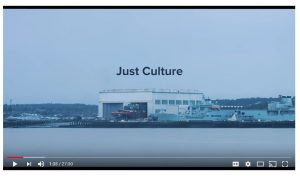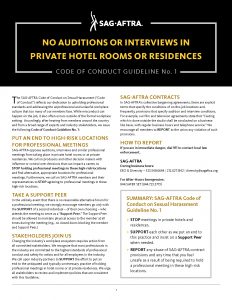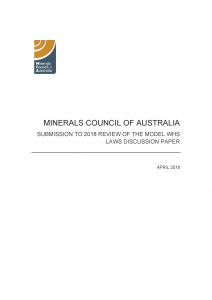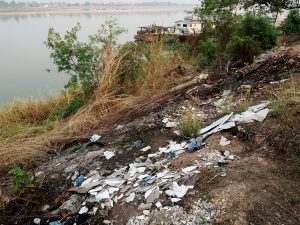 I was born outside Liverpool England well over 50 years ago and have lived on the other side of the world ever since. I love hearing accents from Northern England as it reminds me of my relatives, my roots and, most of all, my Mother. This meant that I had to watch Sidney Dekker‘s latest 30 minute documentary at least twice so that I paid attention to what was said rather than how.
I was born outside Liverpool England well over 50 years ago and have lived on the other side of the world ever since. I love hearing accents from Northern England as it reminds me of my relatives, my roots and, most of all, my Mother. This meant that I had to watch Sidney Dekker‘s latest 30 minute documentary at least twice so that I paid attention to what was said rather than how.
“Just Culture – The Movie” (accessible through the YouTube share below) tells the story of the transformation from a divisive and unproductive blame culture to a just culture. It is an important story because it is theory, concept and idea made real, and made real in an industry sector that has a complex organisational culture only partly explained by its funding model.


 The
The 

